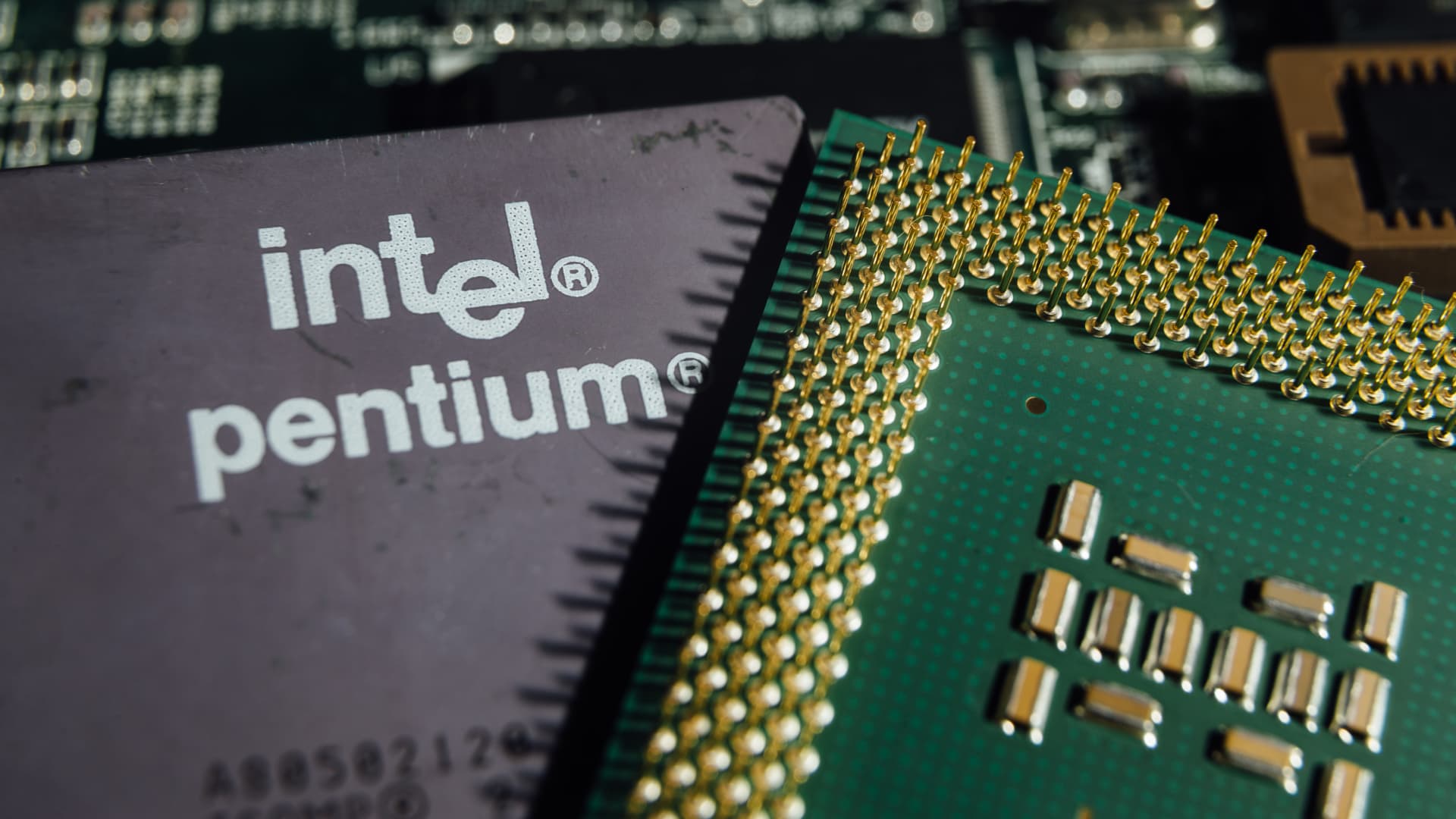US Agriculture is in some ways the socialist utopia of effective government planning. They pay farmers not to produce and we still produce so much corn that most of it can be devoted to ethanol production and there’s still plenty of corn left for livestock and other uses. The effect of government incentives and interference is a heathy, competitive industry.
I think they think the CHIPS act can do for semiconductors what the Department of Agriculture did for agriculture. They are wrong.
US agriculture has the right geography, with water, flat land with good soils, fertilizers, cash crops, and a network of rivers to use for transport. Our competitors lack some or all of these advantages. So it’s a can’t lose situation. The subsidies and incentives are essentially cherries on top.
Whereas with semiconductors, the US is like a wounded person who might live or die. The source of the wounds are hard to find and the bullets hard to extract. The government doesn’t have a diagnosis, no surgery kit. Just money.
So Bernie is right, I think, but being right is insufficient. What’s missing is a strategy. What strengths will CHIPS act build on? What weaknesses will it reduce? Nothing is wagered with this act, and nothing will be gained.

 www.theguardian.com
www.theguardian.com





